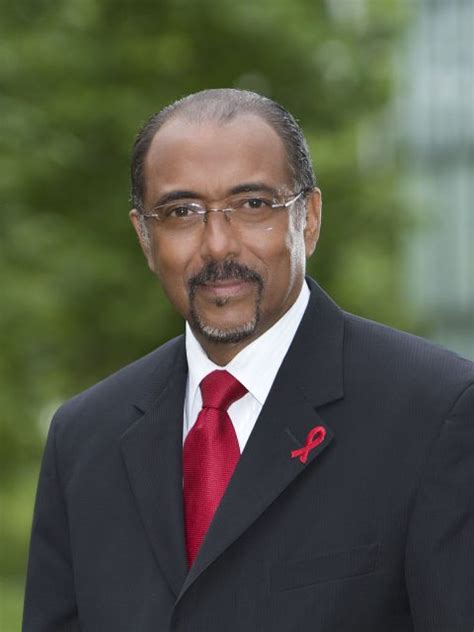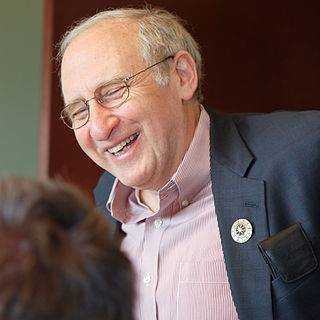A Quote by Elton John
Well, we can't leave anyone behind just because they are sex workers or they are needle users, intravenous drug users, prostitutes.
Related Quotes
You know, no one should be marginalized in society when it comes to health. And, you know, we have - as a foundation, we have tried to champion those people [sex workers, needle users, intravenous drug users, prostitutes] and be by - be by their side and say, listen, these people cannot be forgotten. If you forget about them, then the disease is never going to go away.
On the Web, usability is a necessary condition for survival. If a website is difficult to use, people leave. If the homepage fails to clearly state what a company offers and what users can do on the site, people leave. If users get lost on a website, they leave. If a website's information is hard to read or doesn't answer users' key questions, they leave. Note a pattern here?
There is a safe, nontoxic drug called naloxone that can instantly reverse opioid overdose and prevent most of these deaths. But the drug war interferes with saving overdose victims in two ways: first, because witnesses to overdose fear prosecution, they often don't call for help until it's too late. Second, because the drug war supports the belief that making naloxone available over-the-counter or with opioid prescriptions would encourage drug use, the antidote is available only through harm reduction programs like needle exchanges or in some state programs aimed at drug users.
Drug users made me. They taught me. I didn't know how to work a scale; I didn't know what a gram was. Drug users taught me the business. They're going to teach it to the next guy, because they want a good drug dealer, one they can trust, one that's not going to rob them, one that's not going to cheat them out of their money, one that's not going to sell them fake dope. That was me. They're going to find another one because they're going to be looking for that guy every single day until they find him.
Drug warriors' staunch opposition to needle exchanges to prevent the spread of HIV in addicts delayed the programs' widespread introduction in most states for years. A federal ban on funding for these programs wasn't lifted until 2009. Contrast this with what happened in the U.K. At the peak of the AIDS epidemic in the mid-1990s, the HIV infection rate in IV drug users in the U.K. was about 1%. In New York City, the American epicenter, that figure was 50%. The British had introduced widespread needle exchange in 1986. That country had no heterosexual AIDS epidemic.
If people are encouraged to come out and say they're HIV-positive and they're given their treatments, then obviously, the people who are marginalized - like intravenous drug users, prisoners, people are made to feel less-than - if they're given the support of the government, and they're given the funding, then it's going to help solve the spread of AIDS and HIV in America.

































